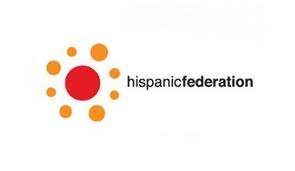
In New York’s Supreme Court on Dec. 3, the groups filed a legal brief stating that the ban “would selectively and unfairly harm small and minority-owned businesses by discriminatorily preventing them from selling large ‘sugary beverages’ while allowing their large competitors such as 7-11 and grocery stores to carry the banned sugary beverages. The passage of this new City rule enacted by the Board of Health strips New Yorkers of their democratic rights. It should be set aside.”
The joint statement appears to hold strong intentions for local minorities, however there’s also a corporate variable at play. According to The New York Times, The N.A.A.C.P. has close ties to large CSD companies, and in particular, The Coca-Cola Co., Inc. Coke has donated tens of thousands of dollars to Project HELP, a health education program developed by the N.A.A.C.P. The legal brief itself was prepared by King & Spalding, Coke’s Atlanta-based law firm.

The statement also indicates that the announcement of the proposed ban was rather hypocritical, considering that “[New York City Mayor Michael] Bloomberg declared war on super-sized beverages” the day before the city celebrated National Donut Day. The paradox continues in Brooklyn’s Barclays Center, the new home of the N.B.A.’s Brooklyn Nets, where fans can inhale loads of barbecue brisket and local cheesecake from Junior’s, but can’t purchase a cup of soda greater than 16 oz.
While the beverage industry will undoubtedly value the backing of the N.A.A.C.P. and the Hispanic Federation, judicial progress has yet to be made. A hearing on Wednesday in the same court argued that the city’s Board of Health had taken advantage of its authority when it passed Bloomberg’s ban, but the court rejected the argument and refrained from an immediate ruling.